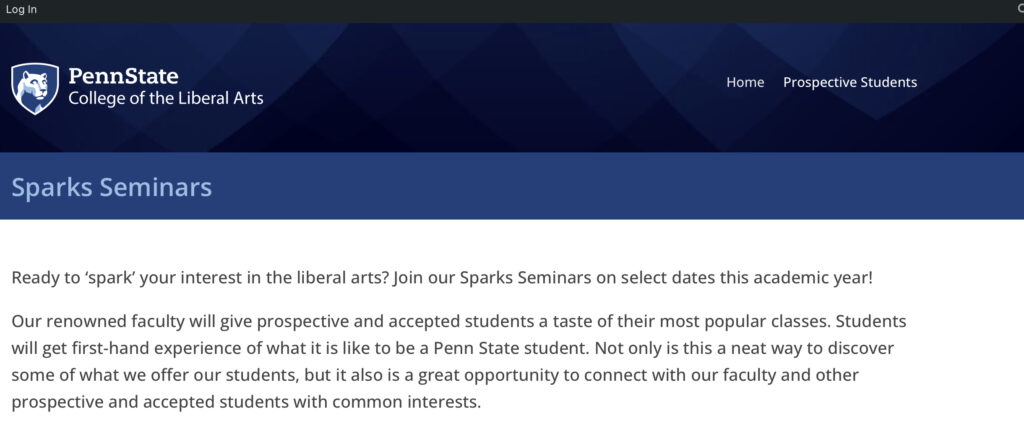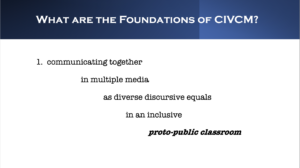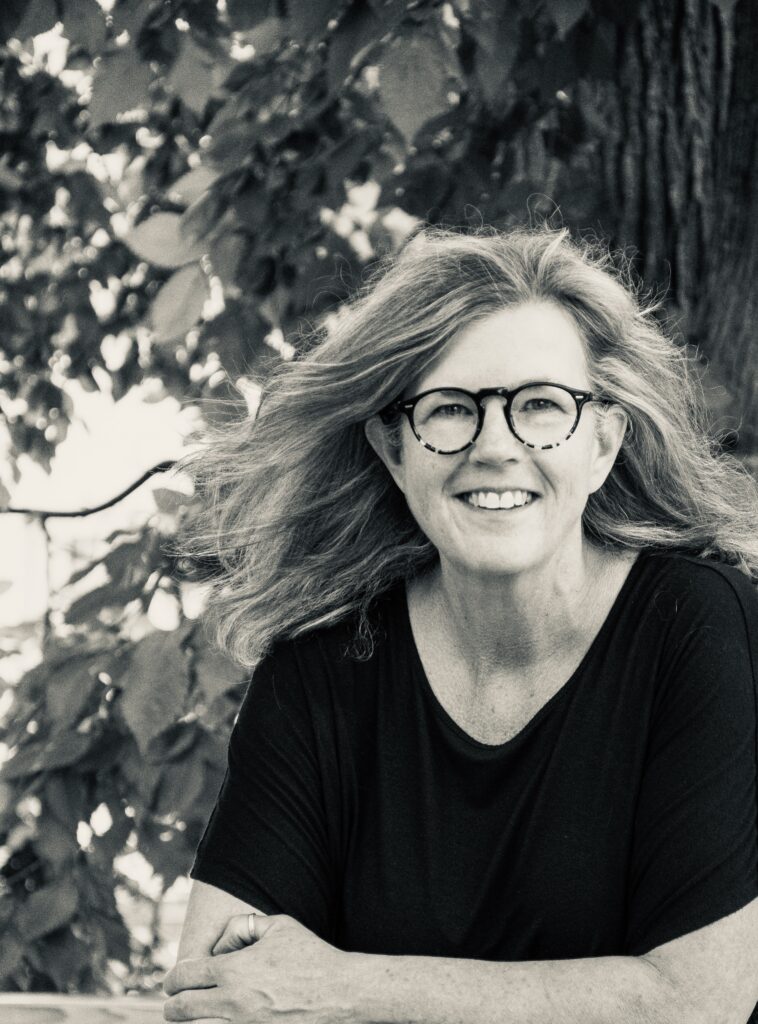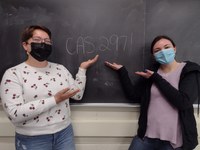Dr. Rosa Eberly Delivers “Sparks Seminar” to Students and Parents

CAS Associate Professor Dr. Rosa Eberly delivered an invited College of the Liberal Arts “Sparks Seminar” to more than 300 accepted students and their parents on March 23 in Heritage Hall in the HUB-Robeson Center. The College of the Liberal Arts’ Accepted Students Program asked Eberly to tell students about CAS 222N / CIVCM 211N: Foundations of Civic and Community Engagement, a discussion-based interdisciplinary course she developed and started teaching in 2007.
After Eberly described the CIVCM Foundations Course, she addressed the question, “What are the foundations of civic and community engagement?” She then talked about the diversity of majors in the course and how students collaboratively discuss and address public problems. Public problems are problems that affect everyone, though they affect different people differently.

“Students bring their emerging disciplinary knowledge from their majors to the collaborative learning space of our classroom to address shared or common or public problems,” Eberly said.
“Some examples of the public problems that this semester’s CIVCM Foundations students have chosen to do research about, to analyze, to speak about, and to write about include inflation, child abuse, climate change, single-use plastics, gun violence, funding for mental health programs, the COVID-19 pandemic, and news illiteracy,” Eberly said. “This semester there are students from Nuclear Engineering, Biobehavioral Health, Chemical Engineering, Education and Public Policy, Global and International Studie
s, Supply Chain and Information Systems, Hospitality Management, Mathematics, Environmental Engineering, Journalism, Corporate Innovation and Entrepreneurship, and Kinesiology as well as Communication Arts and Sciences and other Liberal Arts disciplines.
Eberly said she was thrilled to highlight a few of the many student projects that came out of discussions in the CIVCM Foundations class and a few of the CIVCM capstone projects and theses that CIVCM students have completed.
CAS instructors offer six sections of the course each year. CAS 222N / CIVCM 211N is the only specifically prescribed course for the Intercollege Minor in Civic and Community Engagement, which has been housed in CAS since 2016 and which Eberly directs.

